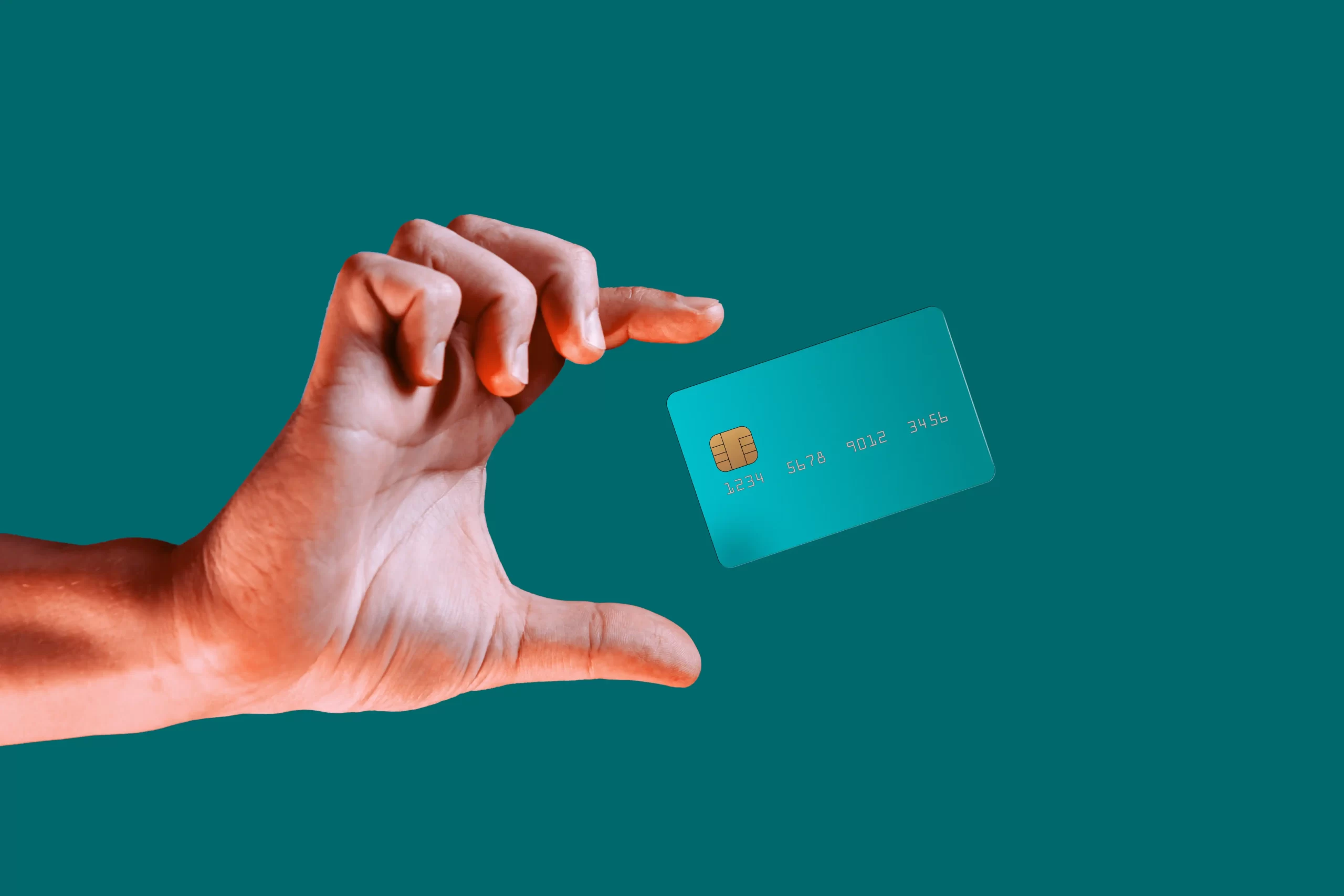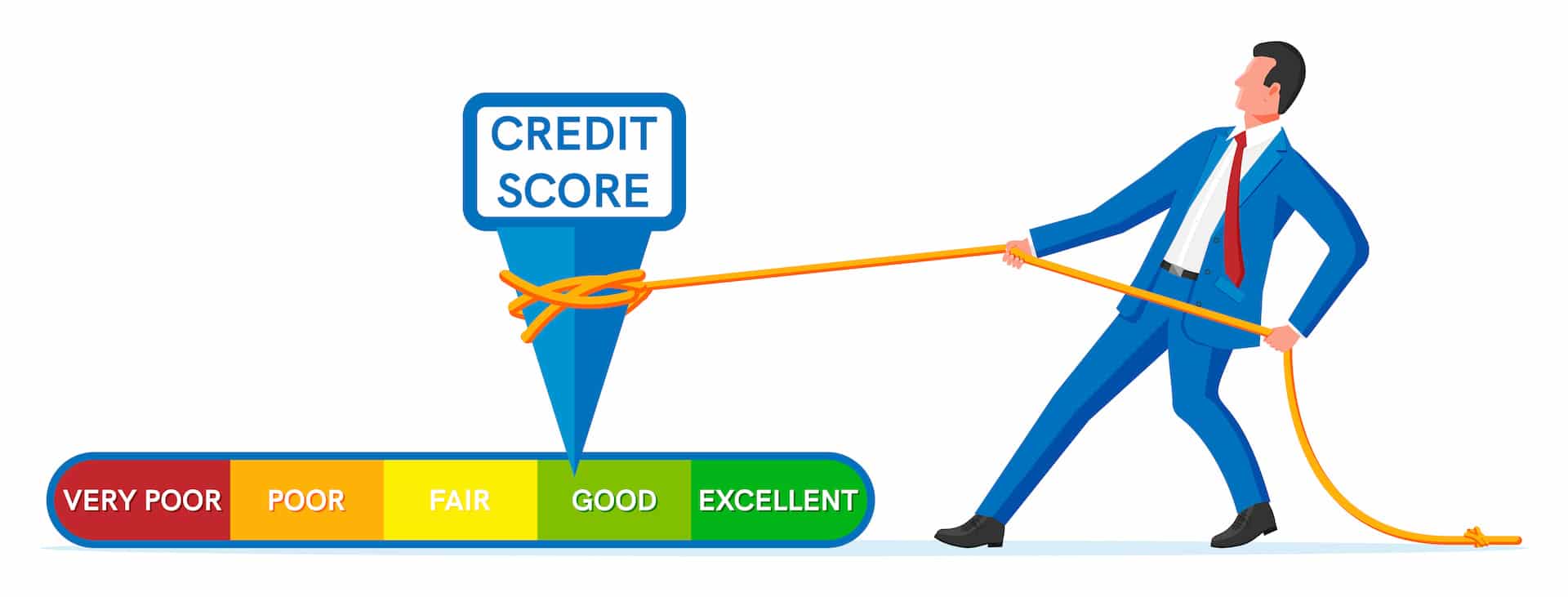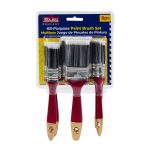Introduction
Hi small business owners! Want to improve your business credit? You might want to look into Net-30 credit cards. These helpful tools can really make a difference for businesses working on building or improving their credit. But what are they, and how do they help? Basically, Net-30 credit cards let you pay your balance in full every 30 days, which helps you manage your expenses and slowly build your credit. Let’s take a closer look and see how they can make your credit profile better!
Understanding Net-30 Credit Cards

Net-30 credit cards are a valuable tool in the business world. They help you manage your money better and can improve your business’s credit history. If you’re just starting with business credit or want to improve your current credit, learning about Net-30 credit cards can be a big step toward financial success.
Definition and Key Features
Let’s explore what makes Net-30 credit cards special. These cards are mainly used by businesses as a way to get short-term loans. Here are the main features that make them a good choice:
– Payment Time: The “Net-30” means you have 30 days to pay back what you bought. This gives you the chance to use the products or services right away and pay later.
– No Interest: If you pay back the full amount within 30 days, you usually don’t have to pay any extra fees. This helps businesses keep their money flowing while still being able to buy what they need.
– Limited Use: These cards are often given by sellers or suppliers and can only be used with them. They are a good way for small businesses to build credit without needing a regular credit check.
– Building Credit: Using Net-30 credit cards regularly and paying on time can help improve your business credit score, as this information is shared with credit reporting agencies.
By knowing these important benefits, businesses can use Net-30 credit cards to support their financial plans and create a strong credit history.
Differences Between Net-30 and Other Credit Terms
It’s important to understand the difference between Net-30 terms and other credit options to see how each one works with your business plan. Here’s a simple comparison of Net-30 with other common credit choices:
– Net-10/60/90 Terms: These are like Net-30 but give different payment periods. Net-10 has a shorter time to pay, while Net-60 or Net-90 gives more time. Businesses should pick these based on their cash flow and ability to pay.
– Revolving Credit Lines: Unlike Net-30, which has a fixed payment time, revolving credit lets businesses borrow up to a certain limit and pay back over time with small monthly payments. This option is more flexible for bigger purchases but usually has interest if not paid off each month.
– Installment Loans: These loans let you borrow a set amount of money and pay it back over a set period with regular payments. They are usually for bigger amounts than Net-30 cards and have either fixed or changing interest rates.
Comparing these choices carefully helps your business choose the best credit option. While revolving and installment loans provide longer financing, Net-30 terms focus on quick cash flow and building credit.
Smart Strategies for Building Credit with Net-30 Cards

Businessman Changing Personal Credit Information. Man Pushing Arrow to Make Credit History Better. Man Improves his Creditworthiness, Credit Score, Approval Solvency. Flat Vector Illustration
Establishing business credit takes time, but by using some clever methods, you can make the process work well and last. Here’s how to get the best use out of your Net-30 credit card.
Consistent and Timely Payments
Keeping a steady and reliable payment routine is very important for building a strong credit history. Here’s why paying on time matters:
– Effect on Credit Score: Paying your bills by or before the due date shows lenders that you’re trustworthy, which directly affects your business credit score. Your payment history usually makes up a big part of your credit score, so being careful about this really helps.
– Stronger Vendor Relationships: Paying on time not only improves your credit profile but also helps you build better relationships with vendors. These good relationships can lead to better deals and possible discounts on future purchases.
Good habits include setting reminders for payment dates and, if you can, setting up automatic payments. By making sure you never miss a payment, you’re creating a solid base for your business’s financial success.
Maintaining Low Credit Utilization
Credit utilization shows how much of your total credit limit you are using. For businesses trying to improve their credit, keeping a low credit utilization ratio is important. Here’s why:
– Good Utilization Rate: A common rule is to use less than 30% of your credit limit at any time. This shows lenders that your business is good at managing its credit.
– Impact on Lending: Low utilization can make your business more attractive to lenders, which might lead to higher credit limits and better loan terms.
Using multiple Net-30 accounts can help spread out your credit use, keeping your overall utilization low. This helps manage your spending and builds a strong credit position.
Regularly Monitoring Your Business Credit Report
Keeping track of your credit reports is just as important as making regular payments. Here’s why checking them often is so important:
– Find Mistakes Quickly: Sometimes, mistakes can happen, and errors on your credit report can hurt your credit score. By looking at your report regularly, you can find and fix these mistakes before they cause trouble.
– See Your Progress: Checking your credit report helps you see how well you’re doing with paying on time and managing your credit. It keeps you motivated when you see your credit score getting better over time.
– Watch for Fraud: Regular checks can also help you spot any unusual activity or signs of identity theft. This lets you take quick action to protect yourself and your business.
Most business credit agencies let you see your credit report. If you find any mistakes, contact them right away to fix the issue. Staying alert helps make sure your business credit shows your financial actions and responsibility correctly.
In short, Net-30 credit cards give businesses a great way to handle cash flow and create a strong credit history. By making regular payments, using credit wisely, and checking your credit reports often, businesses can use these cards to build good credit. Keep looking for the best options and be active in improving your credit, so your business grows financially over time.
Common Pitfalls to Avoid When Building Credit

Using Net-30 credit cards to build business credit can be a great opportunity, but it’s important to be careful. Like any financial tool, there are risks that could hurt your progress. Here’s how to avoid the most common mistakes.
Overspending and Maxing Out Your Card
When you get your Net-30 credit card, it might be tempting to use it for all your business costs. These cards make it easy to manage money, especially since you can pay them off in 30 days. But spending too much on these cards can cause problems.
– The Problem of Spending Too Much: If you spend more than your business can easily pay back in 30 days, it can hurt your credit score and make it hard to manage your money. This can lead to more debt and financial trouble.
– Ways to Manage Spending:
– Plan a monthly budget for your business costs.
– Keep track of your spending to avoid going over your budget.
– Use only a small part of your credit limit to keep a good credit score.
Picture giving your young child the keys to your sports car—it’s a risky move! In the same way, using Net-30 credit carelessly can cause problems you didn’t expect.
Missing Payment Deadlines
Net-30 credit cards give you 30 days to pay, but it’s easy to forget when you’re busy running a business. Missing payment dates can cause problems for your business credit.
– Problems with Late Payments: Late payments can mean higher interest rates, extra fees, and a lower credit score. Your credit history shows how reliable you are, and missing deadlines makes it look like your business is having money troubles.
– Ways to Stay on Time:
– Set up automatic payments so you never miss a due date.
– Use calendar alerts or accounting tools that remind you when payments are due.
– Check your account often to make sure payments are made correctly.
Building business credit is like growing a plant—it needs care and regular effort. Making payments on time is a key part to create a strong credit history.
Laying the Foundation for Strong Business Credit

Enhance your business credit by making smart financial choices. Understanding the benefits of Net-30 Credit Cards and using them strategically can build trust with lenders and partners.
Separating Business and Personal Finances
A key part of building strong business credit is keeping your business money separate from your personal money. Mixing them can make managing your finances harder and cause problems if you want to grow or get more funding.
– Advantages of Keeping Them Separate:
– Neat financial records that make tax time easier and help you track business costs.
– Safeguarding your personal assets in case your business has debts.
– Improving your reputation and trustworthiness with lenders and partners.
– Tips for Keeping Business and Personal Finances Separate:
– Open a separate bank account just for your business and use it only for business expenses.
– Get a Net-30 credit card that is meant for your business.
– Use helpful tools like accounting software to keep your personal and business records clear and separate.
Think of it like trying to mix cake batter and salad in the same bowl at the same time—it’s messy and doesn’t work well, right? Keeping your finances apart helps everything go smoothly and leads to better results.
Registering Your Business and Obtaining an EIN
Registering your business and getting an Employer Identification Number (EIN) are very important for giving your business the respect and trust it needs to succeed.
– Why Registration Matters:
– makes your business a legal company, which is usually needed for getting business loans.
– gives you legal protection and might offer some tax benefits based on how your business is set up.
– Helps build trust and makes your business more reliable to suppliers and customers.
– How to Register Your Business:
1. Pick a special name for your business that shows what you do.
2. Pick the right way to organize your business, like being an LLC or a corporation, to fit your plans.
3. Send the needed forms to your state’s government to make your business official.
– Getting an EIN:
– An EIN works like a Social Security Number for your business. It’s important for taxes and when you need credit.
– You can get it quickly from the IRS website. It’s a key step to make sure your business runs well with money matters.
Think of this process as creating a strong backbone for your new business. It helps everything stay stable and strong, so your business can grow and move easily.
Starting to build business credit with Net-30 credit cards can help your small business grow and find new opportunities. Just like getting a passport to travel to new places, having good business credit can open up new financial possibilities—where limits disappear, and chances become real. By avoiding common mistakes and building a strong base, you’re setting your business up for success.
Keep in mind, building business credit is like running a marathon, not a sprint. It’s about moving forward steadily, making sure each step is done carefully and confidently, bringing you closer to a successful financial future. So get ready, stay positive, and move forward with a plan!
Conclusion
In short, Net-30 credit cards can be a great way to improve your business credit. Using these cards gives you the cash flow flexibility you need and helps you build your credit over time. Be smart about using this tool and always pay on time to get the most benefits. If used well, these cards can meet your current financing needs and also create chances for future credit, helping your small business grow in a stable way.










